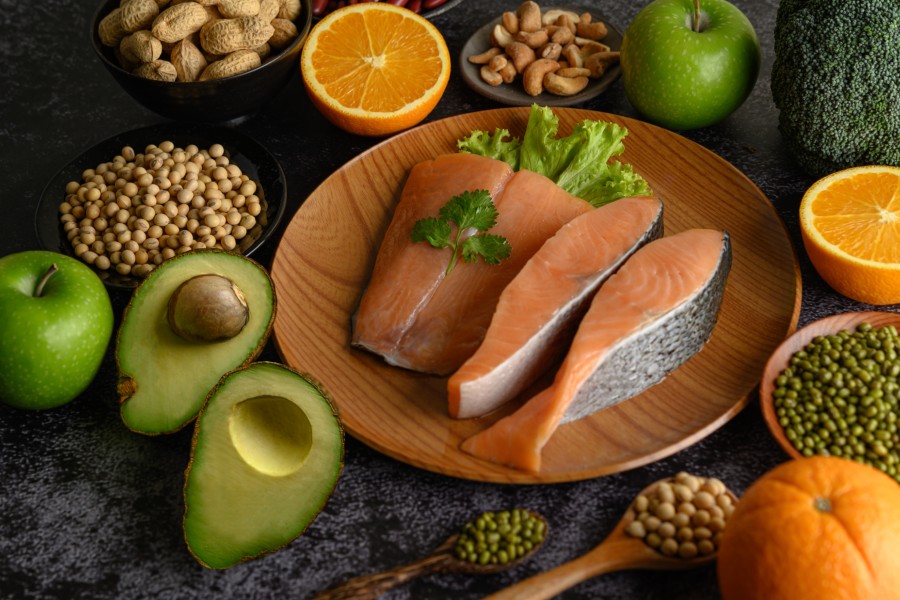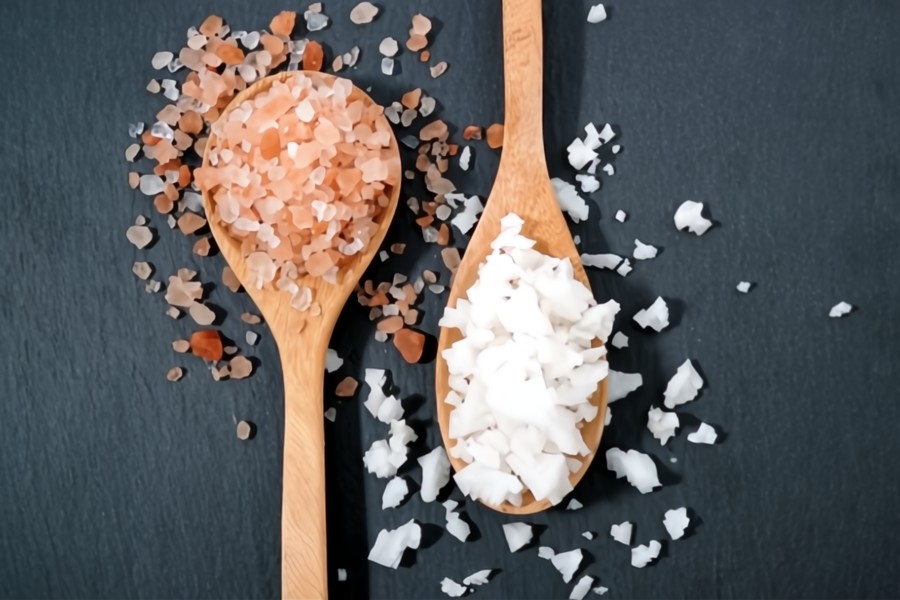
The importance of one’s diet in controlling one’s weight is paramount in a society where obesity is rampant, and many individuals find it challenging to stay at a healthy weight.
There is no shortage of diet programs, but the high-protein diet is particularly effective at helping people lose weight and keep it off. In this blog, we’ll look at how a high-protein diet can help you manage your weight and how it’s beneficial.
Understanding a High-Protein Diet
Before we delve into the benefits, let’s establish what a high-protein diet entails. A high-protein diet includes plant-based protein sources like tofu and beans and animal-based protein sources like lean meats, seafood, and dairy products. It typically involves consuming a higher percentage of calories from protein compared to carbohydrates and fats.
Protein’s Role in Weight Management
One common question is how much protein to eat, if I want to lose weight? Generally, it’s recommended to consume between 15-25% of your daily caloric intake from protein, but individual needs may vary based on diverse factors like activity level and weight loss goals.
Appetite Control and Reduced Cravings
A high-protein diet can help you control your hunger and cravings, which is a major advantage. Consuming fewer calories is possible with the help of protein-rich foods because they make you feel full for longer.
Increased Thermogenesis and Calorie Expenditure
Digesting and metabolising protein uses more energy than carbs or fats because of its stronger thermic impact. This results in increased calorie expenditure, even at rest.
Preserving Lean Muscle Mass
Preserving lean muscle mass is essential when you’re on a weight loss journey. High-protein diets help protect muscle tissue, ensuring that the weight you lose primarily comes from fat.
Benefits of a High-Protein Diet
Let’s explore the specific benefits that a high-protein diet offers for weight management:
Effective Weight Loss: High-protein diets have consistently shown their effectiveness in aiding weight loss. Protein helps control appetite and reduces overall calorie intake by making you feel fuller for longer.
Sustainable Weight Maintenance: Maintaining weight loss can be challenging, but a high-protein diet can make it easier by boosting your metabolism and preventing weight regain.
Enhanced Muscle Development and Strength: A protein-rich diet provides the amino acids your muscles require for growth and repair, so eating it will help you gain muscle or perform better.
Better Blood Sugar Control: High-protein diets can stabilize blood sugar levels, benefiting individuals with diabetes or those at risk of developing it.
Increased Fat Loss: High-protein diets have been linked to greater reductions in body fat, leading to improved body composition.
Improved Appetite Management: Protein reduces cravings and late-night snacking, helping you stick to your dietary goals by keeping hunger in check.
Lower Risk of Age-Related Muscle Loss: A high-protein diet can counteract age-related muscle loss, promoting better strength and mobility as you age.
Enhanced Bone Health: Dairy products and other high-protein foods are good sources of bone-healthy minerals, including calcium and vitamin D.
While these benefits make a compelling case for high-protein diets, it’s essential to incorporate protein into a balanced overall diet. To determine your protein needs, consult your physician or a trained nutritionist. With the appropriate approach, a high-protein diet can be a valuable tool for improving weight management and overall well-being.
Practical Tips for Implementing a High-Protein Diet
Implementing a high-protein diet effectively requires careful planning and consideration. Here are some practical tips to help you incorporate more protein into your daily meals:
Calculate Your Protein Needs
Start by determining your daily protein requirements. This can vary depending on age, sex, activity level, and weight goals. Fifteen to twenty-five percent of your caloric intake should be protein.
Choose Lean Protein Sources
Opt for lean protein sources to minimize saturated fat intake. Some excellent options include skinless poultry, lean cuts of beef or pork, fish, low-fat dairy products, tofu, tempeh, and legumes (beans, lentils, and chickpeas).
Incorporate Variety
Don’t rely on a single protein source. Diversify your protein intake to ensure you get a wide range of nutrients. Experiment with different types of meat, fish, plant-based proteins, and dairy products.
Plan Balanced Meals
A well-balanced diet consists of protein, complex carbs (such as whole grains), and healthy fats (including nuts, avocados, almonds, and olive oil). This balance will provide sustained energy and keep you feeling full longer.
Prioritise Breakfast
Include protein-rich foods in your breakfast to kickstart your metabolism and keep you satisfied throughout the morning. Options like eggs, Greek yogurt, or a protein smoothie are great choices.
Snack Smart
Opt for protein-rich snacks to curb mid-day cravings. Nuts, seeds, low-fat cheese, Greek yogurt, and protein bars can be excellent options for quick pick-me-up.
Be Mindful of Portions
To keep from going overboard, watch your portion amounts. A palm-sized portion of protein (about 3-4 ounces) per meal is generally sufficient for most individuals.
Cook at Home
Preparing meals at home allows you to control the ingredients and portion sizes. Try cooking large batches of protein-rich dishes and freezing them for convenience.
Read Labels
When buying packaged foods, check the nutrition labels to assess the protein content per serving. Watch out for harmful fats and extra sweets.
Potential Risks and Considerations

A high-protein diet can present potential risks, including strain on kidney function, especially for individuals with existing kidney issues, and potential calcium loss that could impact bone health. Cardiovascular health may also be at risk due to high intake of saturated fats from certain animal protein sources.
Additionally, nutritional imbalances, digestive discomfort, and variability in individual responses to increased protein intake should be considered. Long-term sustainability and environmental impacts related to animal protein consumption are important factors when adopting a high-protein diet.
If you want to manage your weight and improve your health in the long run, it’s a good idea to talk to a doctor about the dangers involved and how to get personalized nutritional advice that fits your needs and tastes.
Conclusion
When managing your weight, a high-protein diet can be an effective weapon. Achieving and maintaining a healthy weight is made easier by its ability to reduce hunger, enhance metabolism, and keep lean muscle mass. Finding a middle ground that satisfies your requirements is crucial because only some diet plans will work for everyone. A healthcare physician or nutritionist can assist you in creating a personalized plan that considers your requirements, tastes, and goals. When followed correctly, a high-protein diet can alter your life for the better in terms of health and fitness.
Become a Harlem Insider!
By submitting this form, you are consenting to receive marketing emails from: . You can revoke your consent to receive emails at any time by using the SafeUnsubscribe® link, found at the bottom of every email. Emails are serviced by Constant Contact








